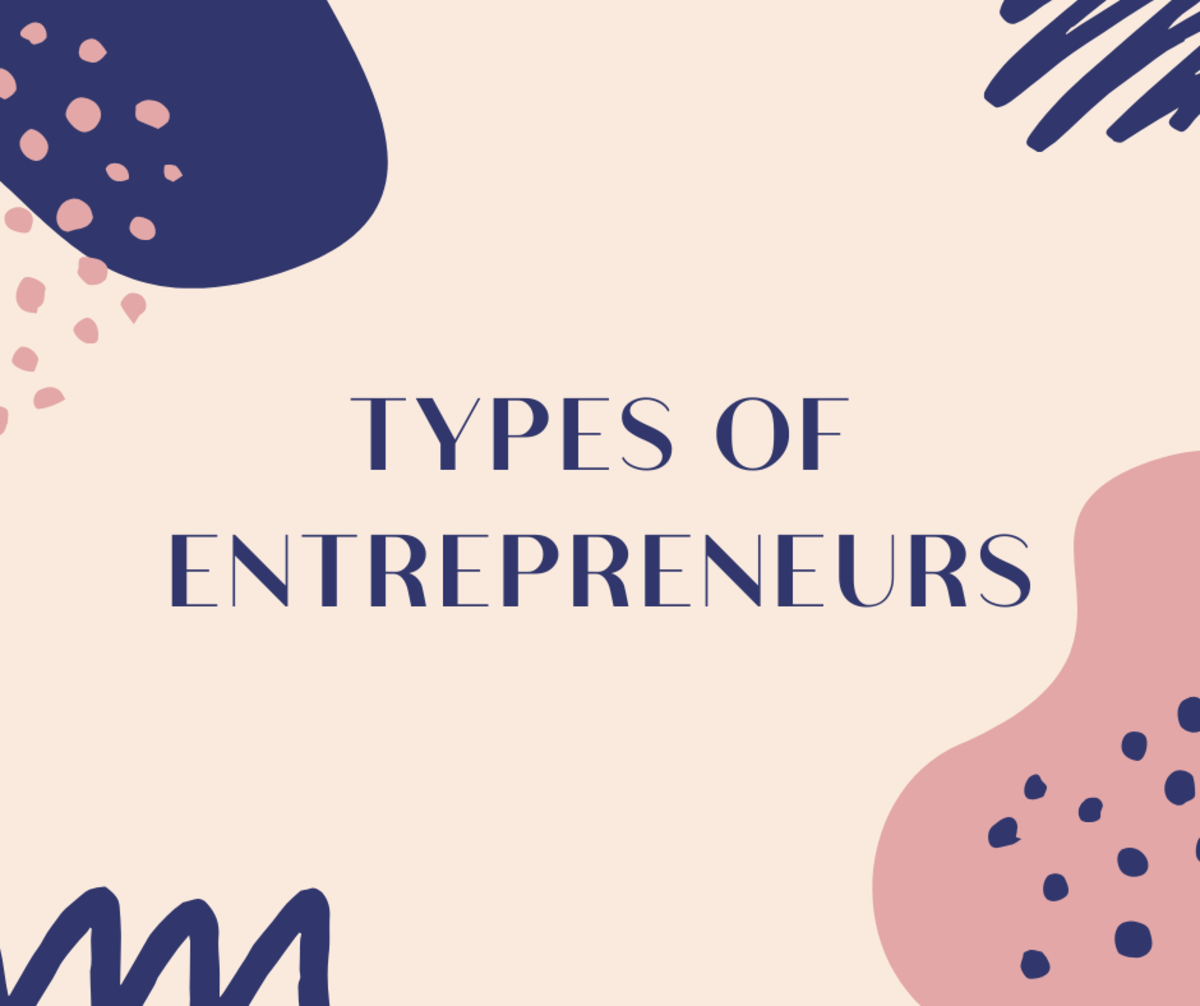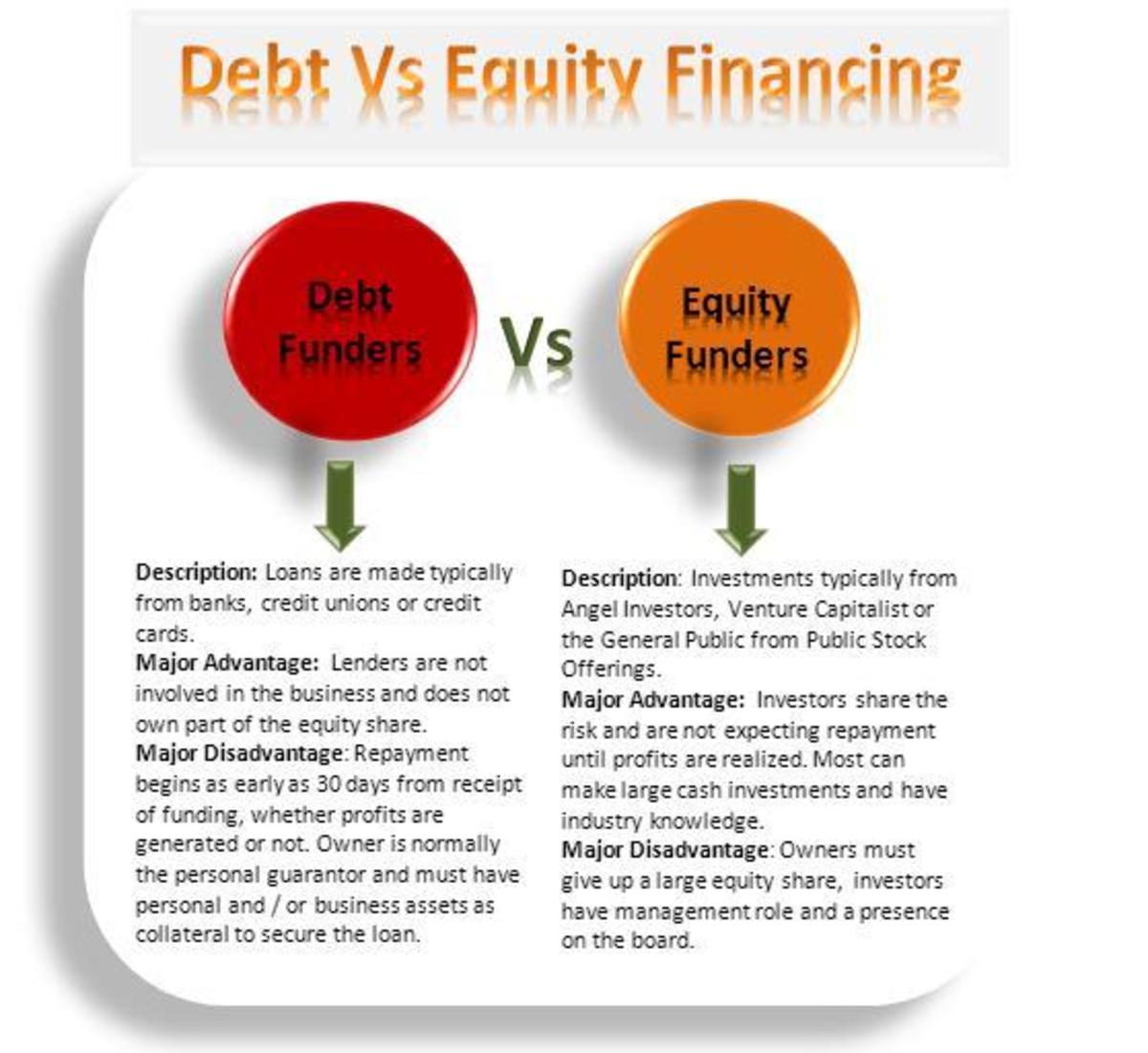Venture Capital: Understanding How It Works and Benefits Businesses Can Derive From It
Are you an entrepreneur at heart? Do you have a great idea you believe will improve the quality of lives? Alternatively, perhaps, is there a huge market gap your unique idea can fill?
Then, is funding your only hindrance from developing your idea into a marketable product?
You’re definitely not alone. Lack of funding has led to the death of so many business goals, and many huge companies have folded up for the same reason.
The bad news is that traditional financial institutions are hesitant to provide funds in the form of bank loans to entrepreneurs. The risk of losing their money is too high.
This exposure to risk is also testified by Faisal Hoque in his article, Why Most Venture-Backed Companies Fail, where he states that up to 75% of venture-backed startups fail.
Before learning how to fund your business with venture capitalists and the benefits that come with it, let’s briefly learn the terms, shall we?
Venture Capital and Venture Capitalists
Venture capital is a type of financing that investors (or venture capitalists) provide to startups (and small businesses) that are believed to have the possibility of long-term growth and success. Furthermore, venture capitalists are individuals (or institutions) that lend money (or expertise) to small businesses or startups.
Distinguishing between venture capital and traditional business financing is important. Venture capital is high-risk funding and is specifically designed for new businesses. On the other hand, traditional business financing is intended for established companies, and there is a guarantee that the funds will be repaid to the financial institution.
Moreover, the reason for venture capitals is that conventional financial institutions do not traditionally lend money to new businesses. The risk of losing their money is too high. A startup will not necessarily have the infrastructure and assets to guarantee the loan.
Before Approaching a VC, Build a solid business plan/blueprint
While it’s a fact that landing a good venture capitalist (VC) can benefit your business in many ways, convincing a VC of the potential in your startup, especially when the startup is still in the ideation phase, is never an easy task as no VC will invest in a businesses with little or no guarantee of good ROI.
And going about the search for VCs the wrong way can, in the other hand, chase investors away and make your “unique” idea pathetic and laughable.
Venture capitalists will provide the necessary funds needed for your startup to kick off, even when such startup is still in the ideation and planning phase.
The only hurdle is that you need to have a well-detailed, concrete business model worthy of convincing the potential VC that your idea can be developed into a successful business with excellent ROI.
So, while there are other security steps to take before meeting a VC, steps like patenting your idea, it is very important that any entrepreneur hoping to get funding from a VC to make available the conceptualisation documents, business model, and financial documents to prove as much as possible in the ideation phase, that the business concept has value.
Benefits of Venture Capitals to a Business
While there are many benefits to going down the venture capital funding route, here are a few of them:
1. Networking
A venture capitalist usually has an extensive network of business connections who can add value to a startup, including the expertise to ensure that the startup will move from the conceptualization phase to the production phase.
Therefore, it can be stated that venture capitalists can help increase a business’ chances of success by exposing such business to their large network of business titans.
This can further help hasten such business’ growth and enable it attain a certain level of maturity much faster than if there was no funding.
2. Concept legitimization
It is important that a due diligence assessment is conducted on your startup’s value proposition before it moves into the product development phase.
Essentially, this is an exhaustive evaluation of the business model, the marketability, as well as its commercial potential.
A venture capitalist will conduct this assessment before investing funds, thereby helping improve the concept of your startup before it gets far down the startup lifecycle.
3. Mentoring
It is important for new business owners or entrepreneurs to have one or more business mentors.
In other words, successful entrepreneurs or business titans who have the experience, skill, and foresight of the business world have a role to play in helping new startups succeed. Many venture capitalists have successfully started their businesses, so they have the necessary experience to mentor you, the new entrepreneur.
3. Resources
Not only do venture capital companies provide financial backing, they also have access to infrastructure and experts who are able to help and provide skills to help with aspects such as prototypes developed, products manufactured, websites built, and provide technical support.
4. Interdependence
One of the biggest drawcards to being an entrepreneur is the notion of independence. Entrepreneurs are typically not good employees because they do not like being bossed around.
Additionally, they have a desire to make an impact or to improve people’s lives with their products.
However, it should be remembered that ‘no man is an island.’ Involvement with a venture capitalist will allow for independence plus the necessary business supports needed for a new business to run smoothly.
All is required on your part, as an entrepreneur looking forward to financial assistance from investors, is to come up with an idea with good potentials, an idea able to solve a certain problem, or an idea capable of advancing a certain product like the different theme providers designed to improve the UI or blogging platforms, and you’ll be only a few steps away from your career breakthrough as an entrepreneur.
© 2017 Mark Robinson








